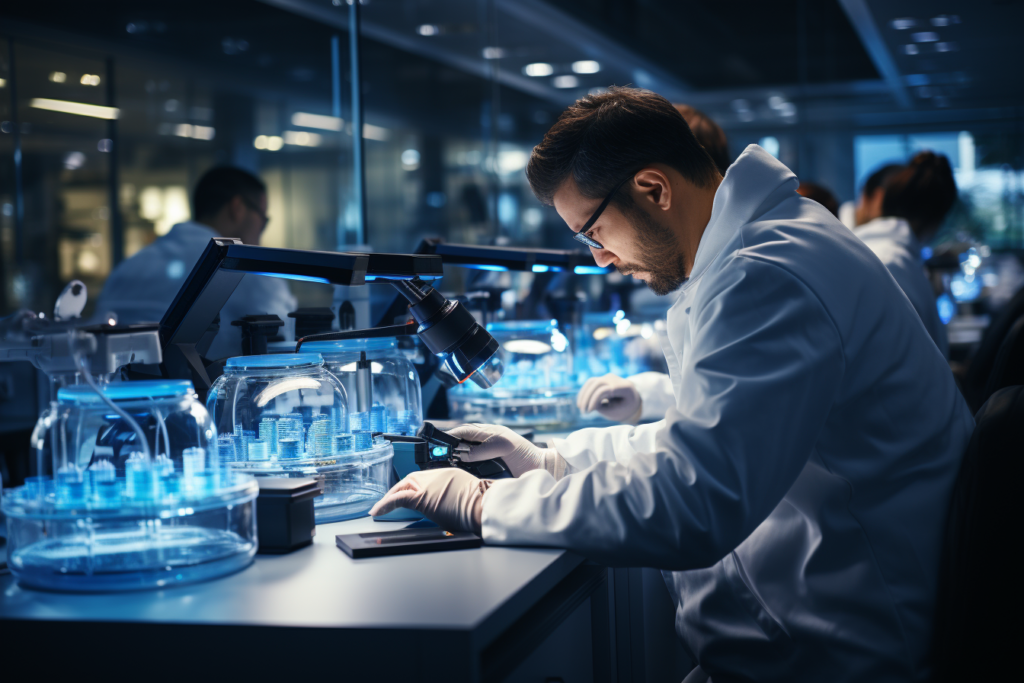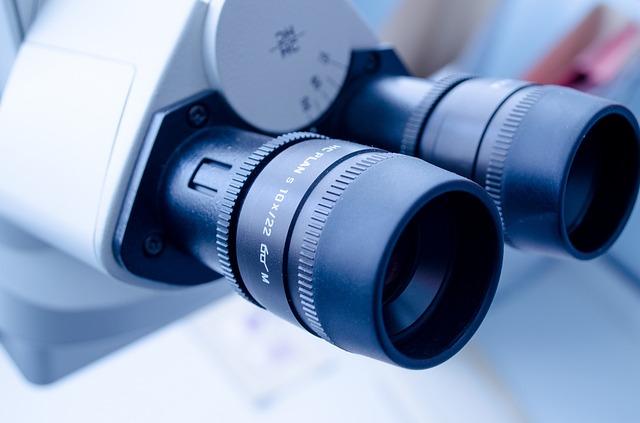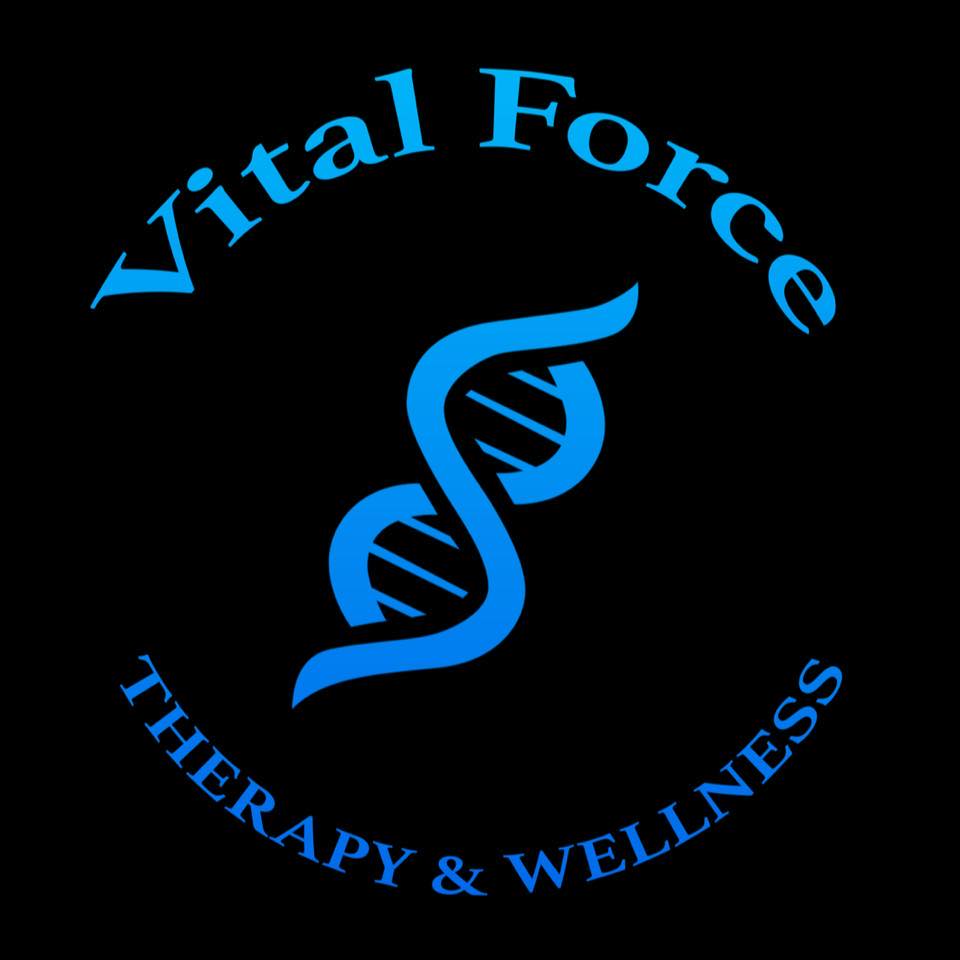Stem Cell Therapy in Alabama: A Comprehensive Guide For AL Residents
Welcome to the world of stem cells! Think of these cells as the building blocks of our body, much like how LEGO pieces can be assembled in various ways to create different structures. Stem cells have the unique ability to transform into various cell types, making them a cornerstone of regenerative medicine. Over the years, Alabama has seen a surge in interest regarding stem cell therapies, and we’re here to guide you through it.

Understanding Stem Cells
What are Stem Cells?
Stem cells are like the magic beans of the human body. Just as a single bean can sprout into a massive beanstalk, a stem cell has the potential to become any cell type. There are different kinds of stem cells, including embryonic stem cells and adult stem cells. The latter can be found in our bone marrow and other tissues.
The Science Behind Stem Cell Therapy
Imagine your body as a city. Over time, some buildings (cells) get damaged or old. Now, instead of demolishing and rebuilding from scratch, what if you could simply renovate them? That’s what regenerative medicine aims to do. By harnessing the power of stem cells, especially those from the bone marrow, we can promote natural healing and repair damaged tissues, like cartilage and tendon. This is especially beneficial for degenerative conditions like arthritis.
The Legal Landscape of Stem Cell Therapy in Alabama
State Regulations and Guidelines
For the residents of Birmingham, Huntsville, and other parts of Alabama, it’s crucial to understand the legalities surrounding stem cell therapies. Alabama has its set of regulations, ensuring that every stem cell center operates under strict guidelines. This ensures that you, the patient, receive the best care possible.
Federal Oversight and Its Implications
On a broader scale, the FDA plays a pivotal role in overseeing stem cell treatments. Their regulations ensure that every stem cell procedure is up to par, ensuring patient safety. It’s like having a national quality check for every toy in a toy store, ensuring they’re safe for kids.
Available Stem Cell Treatments in Alabama
Approved Therapies
From Montgomery and Birmingham to the corners of Alabama, several clinics specialize in stem cell treatments. These treatments range from injections for orthopedic issues to therapies for sports injuries. One popular method is using platelet-rich plasma (PRP), where plasma from your blood, rich in platelets and growth factors, aids the healing process.
Experimental and Upcoming Treatments
Beyond the established treatments, Alabama is a hub for innovative stem cell research. Clinics in places like Momaya in Huntsville are exploring new frontiers, offering hope for various conditions. It’s like being on the cusp of a new tech gadget release, waiting to see the next big thing in regenerative treatment.
Choosing the Right Stem Cell Clinic in Alabama
Factors to Consider
When considering stem cell therapy, think of it as shopping for a new car. You’d want to go to a reputable dealership, right? Similarly, look for a stem cell center with a solid reputation, experienced professionals, and positive patient reviews.
Red Flags to Watch Out For
Beware of clinics making tall claims without substantial evidence. It’s essential to educate yourself and be wary of any center that lacks transparency or operates without proper licensing.
Costs and Insurance Coverage
Understanding the Costs
Stem cell treatments, while promising, can be pricey. It’s like investing in a luxury item; you want to ensure you’re getting your money’s worth. Costs can vary based on the treatment type, whether it’s a simple injection or a more complex procedure involving bone marrow aspiration.
Insurance Coverage and Financial Assistance
Currently, insurance policies are catching up with the advancements in regenerative medicine. While not all treatments are covered, there are financial aid options and payment plans available for Alabama residents.
Potential Risks and Side Effects
Common Side Effects
Every medical procedure comes with its set of risks. It’s like trying out a new skincare product; sometimes, there might be side effects. With stem cell treatments, patients might experience reactions at the injection site or other minor issues.
Minimizing Risks
To ensure the best care possible, always follow post-treatment guidelines and maintain regular follow-ups. This way, any potential issues can be addressed promptly.
The Future of Stem Cell Therapy in Alabama
Ongoing Research and Innovations
Alabama is at the forefront of stem cell research. With institutions pushing the boundaries, the future looks promising. It’s like being on the brink of a technological revolution, waiting for the next big discovery.
Community and Support
For those undergoing treatments or considering them, there’s a robust support community in Alabama. From local groups to online forums, there’s a wealth of resources available.

FAQ
Q: What is stem cell therapy?
A: Stem cell therapy is a form of regenerative medicine that involves using stem cells to repair damaged tissue, promote healing, and stimulate the body’s natural regeneration process. Stem cells are undifferentiated cells that have the ability to develop into various types of specialized cells.
Q: How does stem cell therapy work?
A: Stem cell therapy works by introducing healthy stem cells into the body to replace or repair damaged or diseased cells. These stem cells can differentiate into various cell types, such as bone, muscle, cartilage, or nerve cells, depending on the specific needs of the patient.
Q: What conditions can be treated with stem cell therapy?
A: Stem cell therapy has been used to treat a wide range of conditions, including orthopedic injuries and degenerative diseases such as osteoarthritis. It can also be used to help with tissue repair, promote healing, and alleviate chronic pain.
Q: What is the goal of stem cell therapy?
A: The goal of stem cell therapy is to stimulate the body’s natural healing process, repair damaged tissues, reduce inflammation, and improve overall function and quality of life for patients.
Q: Are there any risks or side effects associated with stem cell therapy?
A: While stem cell therapy is generally considered safe, there can be some risks and potential side effects. These can include infection, bleeding, allergic reactions, and the possibility of the injected cells not functioning as intended. It is important to consult with a qualified healthcare professional to determine if stem cell therapy is the right choice for you.
Q: How long does it take to see results from stem cell therapy?
A: The time it takes to see results from stem cell therapy can vary depending on the individual patient and the specific condition being treated. Some patients may start to notice improvements within a few weeks, while for others it may take several months. It is important to have realistic expectations and maintain open communication with your healthcare provider.
Q: Is stem cell therapy covered by insurance?
A: Unfortunately, stem cell therapy is not typically covered by insurance as it is considered an experimental procedure. However, it is always best to check with your insurance provider to see if they offer any coverage or reimbursement options.
Q: Where can I find stem cell therapy clinics in Alabama?
A: There are several stem cell therapy clinics in Alabama, including in Birmingham and Huntsville. It is recommended to do thorough research and consult with a reputable clinic that specializes in regenerative medicine and offers stem cell therapies.
Q: What is BMAC and how is it related to stem cell therapy?
A: BMAC stands for Bone Marrow Aspirate Concentrate. It is a procedure that involves extracting a small amount of bone marrow from the patient’s hip bone and then concentrating the stem cells found in the bone marrow. BMAC can be used in stem cell therapy to provide a rich source of healthy stem cells for treatment.
Q: Can stem cell therapy help with orthopedic injuries or pain?
A: Yes, stem cell therapy has been shown to be effective in treating orthopedic injuries and chronic joint pain. It can help in the repair and regeneration of damaged ligaments, tendons, and cartilage, reducing pain, and improving function.
Conclusion
Stem cell therapy in Alabama offers a beacon of hope for many. With continuous research and advancements, the possibilities are endless. As always, it’s crucial to stay informed and make educated decisions. If you’re considering stem cell therapy or want more information, reach out to your local stem cell clinic.
Alabama Stem Cell Therapy Providers
Here you can find the best stem cell therapy providers in the state of Alabama. Fill out the form and a provider will contact you as soon as possible.













